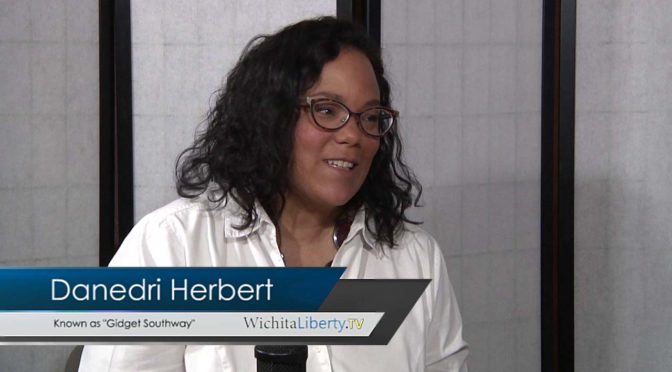If online political activity has any value, Kansas Republicans aren’t providing much. Many Kansas Republican websites and online outreach efforts are stale and lagging behind in providing timely and quality information.
As of today, the most recent post on The Kansas Trunkline (promoted as “The Official Blog of the Kansas Republican Party”) is dated November 30, 2009. That’s coming up on three months old. If blogs have any defining characteristics, one is frequent updates with timely material. That’s not happening here.
This blog is promoted on the front page of the Kansas Republican Party website. That site doesn’t fare much better with regard to timely updates. The most recent news item is from January 25. The Twitter feed displayed there has four posts for all of 2010. The site doesn’t have accurate information about who is — and how to contact — the executive director of the party.
On the Kansas Republican Party’s Facebook page, the most recent post is from December 1, 2009. The Kansas Young Republicans Facebook page, however, does better.
Even efforts using cutting-edge technology from campaigns aren’t doing better. SamForGov — that’s Sam Brownback’s campaign application for the iPhone — has an event from November 2, 2009 as the latest campaign event. Under “Campaign Updates,” the only item is a news release from September 3, 2009. The front page of the app still displays an invitation to Kansas Days. That event took place nearly four weeks ago.
Some local Kansas Republican Party organizations do better. The Johnson County Republican Party seems to be up-to-date with useful information. The Sedgwick County counterpoint doesn’t fare as well.
The Kansas Democratic Party has a revamped blog that allows for “community bloggers,” although so far only one has signed up. The blog has 10 posts so far for February. Not exactly a fount of information, but better than the stale Republican blog and websites.
There’s a saying: “You are who Google says you are.” Google, of course, finds relevant websites based on what people say they’re looking for. But when Google (and other search engines) returns these websites with their stale news and out-of-date events, people lose confidence in the organizations that created the sites. Having visited once and finding little of value, people are not likely to return again.
This is the case if Google even returns these sites in response to searches, as freshness and frequency of updates is thought to be a major factor Google uses in deciding which sites to display to users.
As a Republican activist, I urge those in charge of these sites to make a commitment to providing fresh, timely, and relevant content. Part of how to accomplish this is to avoid delegating responsibility for the websites and blogs to “tech guys.” That’s because when it takes communication with technical support — and the possibility of receiving an invoice — to update a website or blog, the hassle factor means it doesn’t get done.
Instead, party leaders, staff, volunteers, and activists need to know themselves how to update websites and blogs. This requires that these sites be built upon technology platforms — like WordPress blogs, for example — that allow for and encourage end-user updates and maintenance. It also takes a commitment by leadership and staff to be trained, and then ongoing disciplined effort to keep the sites updated.




 Falsely altered photograph of Kris Kobach posted on Community Bridge Blog
Falsely altered photograph of Kris Kobach posted on Community Bridge Blog